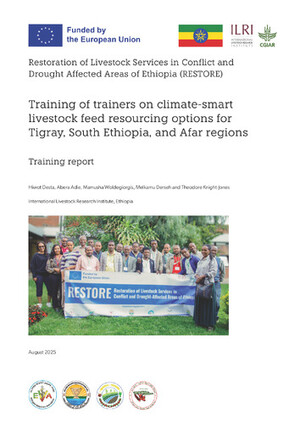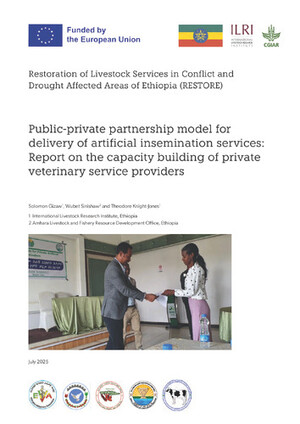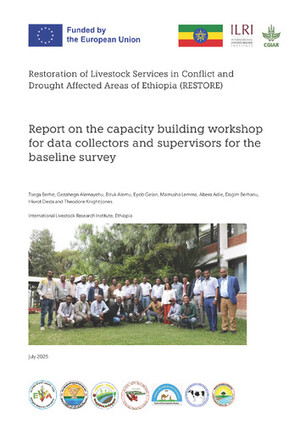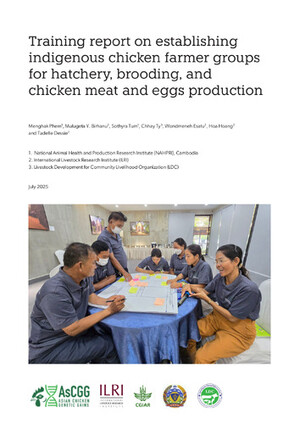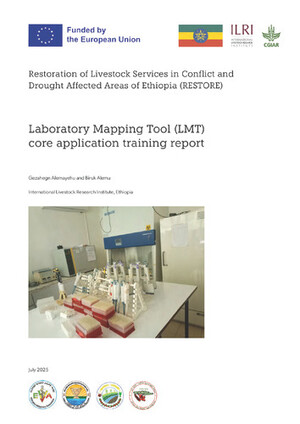
Lessons and early outcomes: Report from SAPLING Theory of Change Reflection workshop held in Kampala, Uganda
Abstract
In Uganda, the livestock sector supports the livelihoods of 72.8 percent of households in the country and has the capacity/potential to improve livelihoods of more people given the increasing demand for livestock related products (Uganda Bureau of Statistics 2024). Despite the importance of the livestock sector to the Ugandan economy, it remains undeveloped. Producers are constrained by poor access to technologies such as quality breeds and vaccines, and improved management practices, resulting in low productivity. At the same time, value chain governance arrangements restrict producers from fully capitalizing on market opportunities and reaping full benefits. In March 2022, livestock stakeholders developed the theories of change for the pigs and cattle value chains in Uganda including specific innovation packages to address the challenges in the livestock value chains. In November 2024, a reflection workshop was held to assess progress and outcomes. A total of 40 participants attended the meeting. The participants included District Local Government officials; officials from the Ministry of Health, Ministry of Agriculture Animal Industries and Fisheries, livestock farmer representatives, artificial insemination service providers, pig traders, NGO representatives, Buganda Kingdom officials, researchers, Makerere University, and CGIAR staff.
Citation
Businge, M., Oba, P., Ahumuza, R., Wairagala, P., Kasoro, I., Guma, C., Mukasa, C., Namatovu, J., Kugonza, D.R. and Ouma, E. 2024. Lessons and early outcomes: Report from SAPLING Theory of Change reflection workshop held in Kampala, Uganda. Nairobi, Kenya: ILRI.






